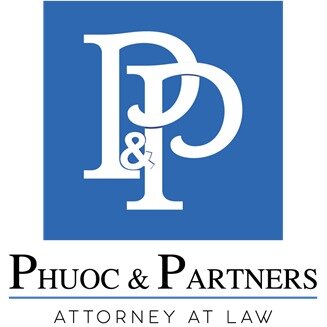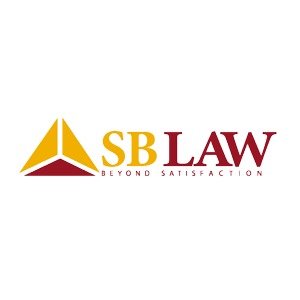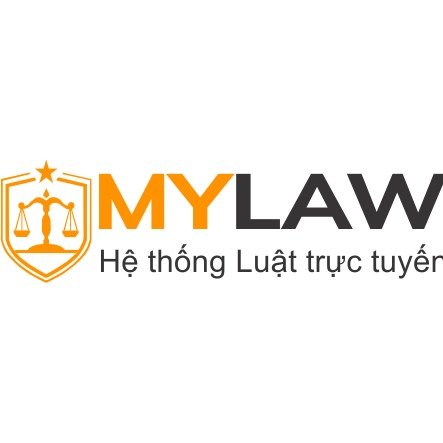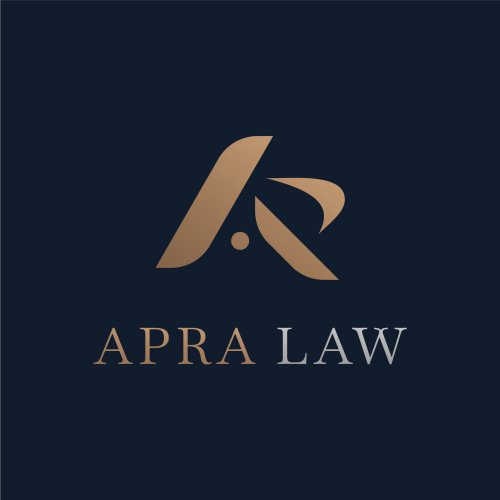Best Sanctions & Export Controls Lawyers in Hanoi
Share your needs with us, get contacted by law firms.
Free. Takes 2 min.
List of the best lawyers in Hanoi, Vietnam
About Sanctions & Export Controls Law in Hanoi, Vietnam
Sanctions and export controls are legal measures governing the trade of goods, technologies, software, and services across borders. In Hanoi, Vietnam, these regulations play a vital role in protecting national security, supporting foreign policy goals, and ensuring compliance with both domestic and international commitments. Vietnamese authorities are responsible for enforcing various restrictions that can relate to military items, dual-use technologies, sensitive information, and transactions with specific individuals, companies, or countries under national or international sanctions regimes. These laws can affect exporters, importers, logistics providers, manufacturers, and investors in multiple sectors.
Why You May Need a Lawyer
Sanctions and export controls are complex and constantly evolving. You may need the assistance of a lawyer in situations such as:
- Receiving inquiries or audits from Vietnamese customs or government agencies regarding shipments.
- Discovering that a business partner, product, or service may be subject to sanctions or export restrictions.
- Facilitating transactions or deals with foreign partners, especially those in jurisdictions facing international sanctions.
- Preparing compliance programs and internal policies to reduce legal risks.
- Responding to investigations or allegations of violations under export control or sanction laws.
- Seeking permits, licenses, or authorizations for exporting controlled goods, technology, or services.
- Understanding recent changes in Vietnamese law or international obligations that may affect your operations.
Local Laws Overview
Vietnam’s legal landscape on sanctions and export controls is shaped by a combination of national law and international commitments. Here are some key aspects:
- Export Controls: Vietnam controls exports of certain goods, especially those related to military use, dual-use technologies, chemicals, and sensitive technologies. The Ministry of Industry and Trade (MOIT) issues most licenses and manages export control lists.
- Sanctions: Vietnam implements its own lists of restricted entities, as well as multilateral sanctions imposed by the United Nations Security Council and other bodies to which it is a party.
- Compliance Obligations: Companies must ensure due diligence to prevent violations, including screening of customers and business partners.
- Penalties: Violations can lead to administrative fines, suspension of export licenses, seizure of goods, and even criminal prosecution in severe cases.
- Customs Declarations: All exports and imports must be properly declared and documented according to customs and trade law.
- International Treaties: Vietnam is a party to several international arms control and non-proliferation treaties, increasing the scope of export controls.
Frequently Asked Questions
What are sanctions and export controls?
Sanctions are legally binding restrictions on transactions with specific entities, persons, or countries for security or policy reasons. Export controls regulate the transfer, sale, or shipment of certain goods, technologies, or services across borders, mainly to protect national interests.
Who enforces these laws in Vietnam?
Sanctions and export control laws are primarily enforced by the Ministry of Industry and Trade, the Ministry of Public Security, and Vietnamese Customs authorities.
Which items are typically subject to export controls?
Controlled items include military equipment, dual-use goods (with both civilian and military applications), chemicals, certain technologies, and some sensitive software.
Do I need a license to export certain goods?
Yes, if your goods or technologies appear on Vietnam’s controlled list, you must obtain an export license from the relevant authorities before shipment.
How do I know if my business partner is subject to sanctions?
You must screen your business partners against Vietnamese government lists as well as international sanctions lists such as those issued by the UN Security Council. Legal counsel or compliance solutions can help with proper checks.
What are the penalties for violating sanctions or export controls?
Penalties range from administrative fines and suspension or revocation of licenses to confiscation of goods and, in serious cases, criminal prosecution.
Are there exceptions or exemptions available?
Certain humanitarian, medical, or government-to-government transactions may be exempted, but you must apply for and receive confirmation from the relevant authorities before proceeding.
Can foreign companies operating in Vietnam be affected?
Yes, both Vietnamese and foreign companies operating or conducting transactions in Vietnam are subject to local laws concerning sanctions and export controls.
How often do Vietnamese export control laws change?
Legal frameworks can evolve quickly in response to international developments, technological advances, or changes in Vietnam’s foreign policy. Regular legal review and compliance updates are recommended.
What should I do if I suspect a violation?
Seek advice from a lawyer immediately. Early intervention can help contain risks, ensure proper reporting, and mitigate potential penalties.
Additional Resources
For further information and assistance, consider contacting or consulting the following:
- Ministry of Industry and Trade (MOIT): Lead agency on export control regulation and licensing.
- Vietnamese Customs Authority: Provides regulations and clearance procedures for imports and exports.
- Ministry of Public Security: Body overseeing implementation of national security-related sanctions.
- Vietnam Chamber of Commerce and Industry (VCCI): Offers guidance and support on compliance for businesses involved in trade.
- Legal firms or consultants: Specialized law firms in Hanoi can provide tailored advice and compliance training.
Next Steps
If you believe your business, shipment, or transaction may be affected by sanctions or export controls in Hanoi, Vietnam, take the following steps:
- Gather all relevant information and documents relating to your products, partners, and international transactions.
- Screen your goods, services, and counterparties against Vietnamese and international control lists.
- Contact a qualified lawyer or compliance expert with experience in export controls and sanctions law.
- Schedule a legal consultation to review your situation and get advice on necessary actions or compliance steps.
- Stay informed of any legal updates or new developments in Vietnamese and international trade law.
Addressing sanctions and export controls proactively can protect your business from legal risks, financial penalties, and operational disruptions. Legal professionals in Hanoi are available to guide you through every step of compliance and risk mitigation.
Lawzana helps you find the best lawyers and law firms in Hanoi through a curated and pre-screened list of qualified legal professionals. Our platform offers rankings and detailed profiles of attorneys and law firms, allowing you to compare based on practice areas, including Sanctions & Export Controls, experience, and client feedback.
Each profile includes a description of the firm's areas of practice, client reviews, team members and partners, year of establishment, spoken languages, office locations, contact information, social media presence, and any published articles or resources. Most firms on our platform speak English and are experienced in both local and international legal matters.
Get a quote from top-rated law firms in Hanoi, Vietnam — quickly, securely, and without unnecessary hassle.
Disclaimer:
The information provided on this page is for general informational purposes only and does not constitute legal advice. While we strive to ensure the accuracy and relevance of the content, legal information may change over time, and interpretations of the law can vary. You should always consult with a qualified legal professional for advice specific to your situation.
We disclaim all liability for actions taken or not taken based on the content of this page. If you believe any information is incorrect or outdated, please contact us, and we will review and update it where appropriate.

















